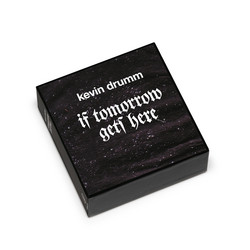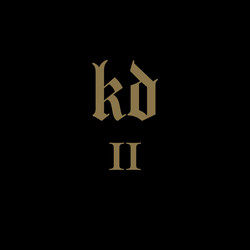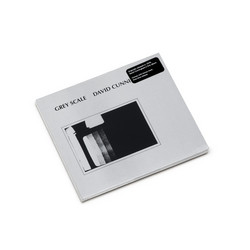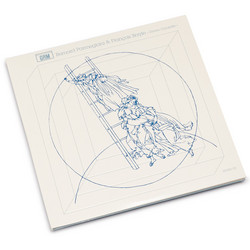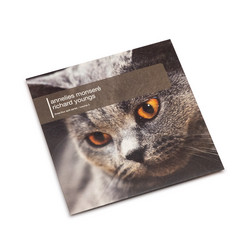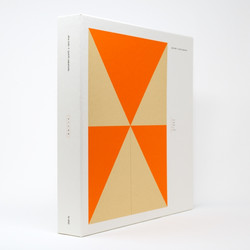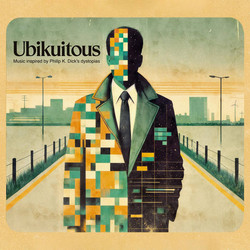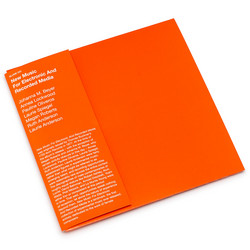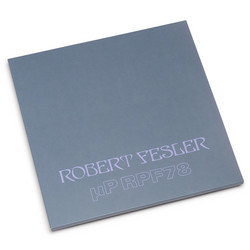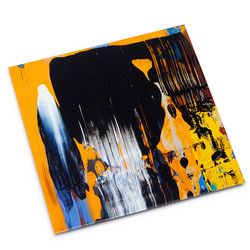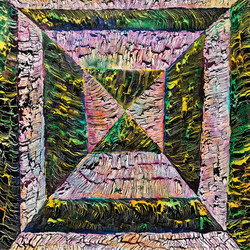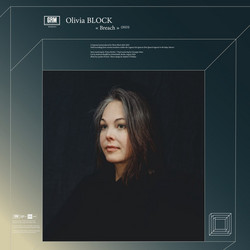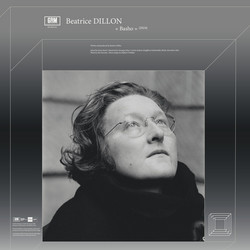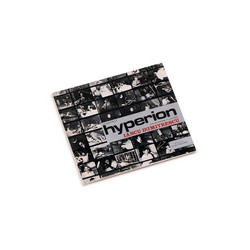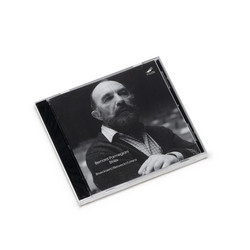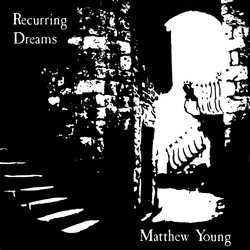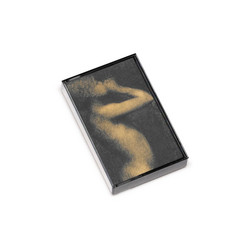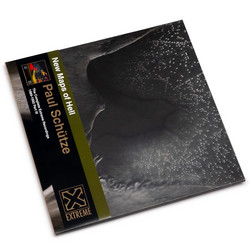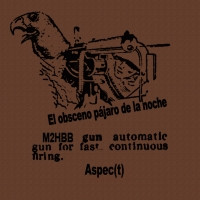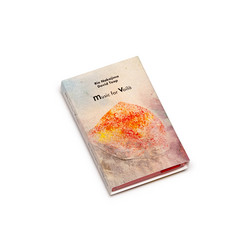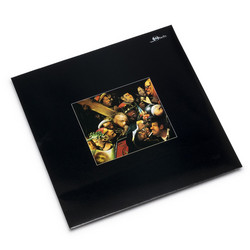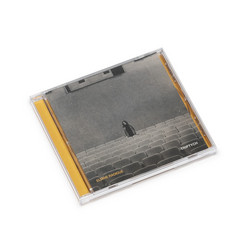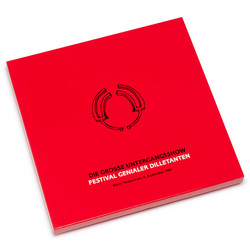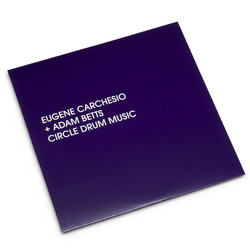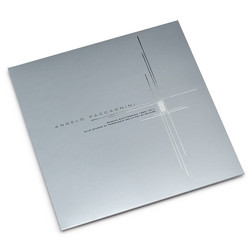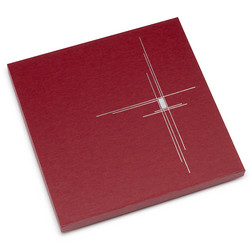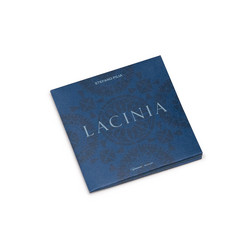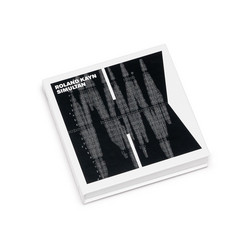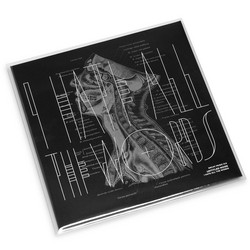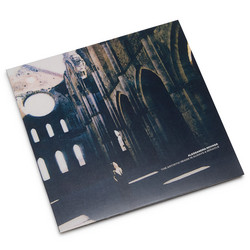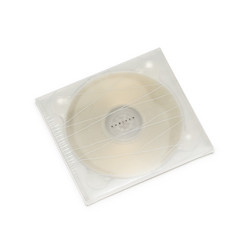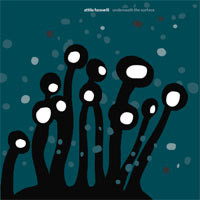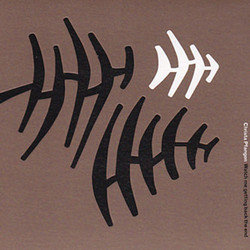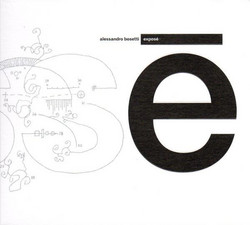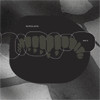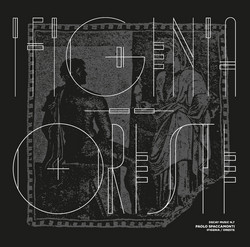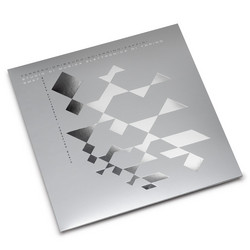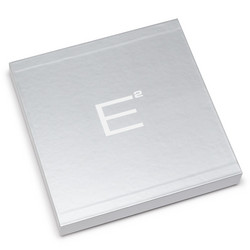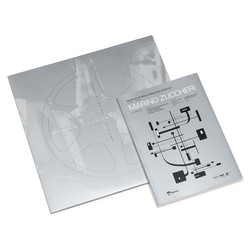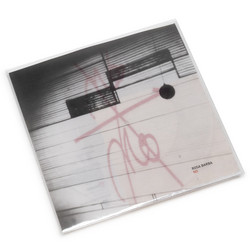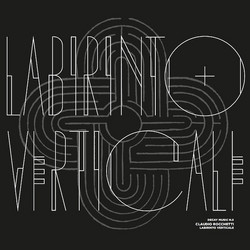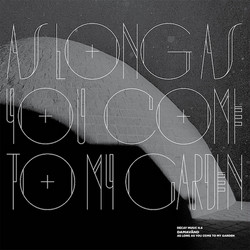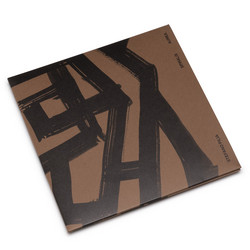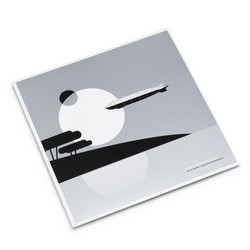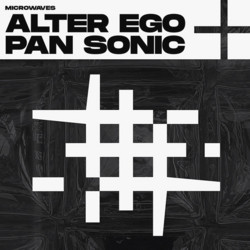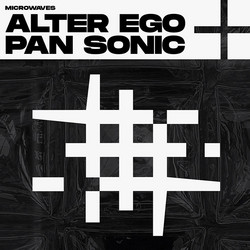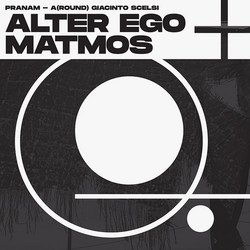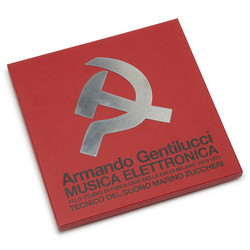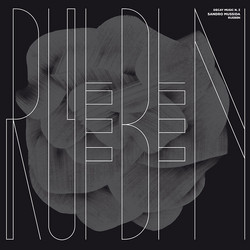Angelo Paccagnini
Musica Elettronica allo Studio di Fonologia della RAI di Milano, 1969/1971 (Boxset)
Label: Die Schachtel
Format: Boxset with LP, CD and Book
Genre: Electronic
Out of stock
** Edition of 100, deluxe Box containing a vinyl LP, a CD and a 160-page book. ** Since its founding in Milan during the early years of the new millennium, Die Schachtel has occupied a singular place in the landscape of experimental music, issuing a carefully curated body of reissues and archival releases by historically significant figures and projects like Christina Kubisch, Luciano Cilio, Marino Zuccheri, Prima Materia, Claudio Rocchi, Lino Capra Vaccina, Gruppo di Improvvisazione Nuova Consonanza, Roland Kayn, and numerous others, balanced against bristling contemporary counterparts by the likes of Jim O'Rourke, Giovanni Di Domenico, Nicola Ratti, Luigi Archetti, Valerio Tricoli, etc. While always occupying a broad view in the artists they supports, one of the central missions of Die Schachtel is the support of the radical and often under-appreciated history of Italian avant-garde and experimental music. Their latest, Angelo Paccagnini’s “Musica Elettronica allo Studio di Fonologia della RAI di Milano, 1969/1971”, is a crucial addition to this initiative. The first ever release dedicated to this profoundly important figure in the history of European electronic music, issued in a towering box set, editioned in 100 copies, containing a vinyl LP and CD that collectively contain four compositions that collectively clock in at nearly two hours of music - all fully restored and mastered by Andrea Marutti from the original tapes - and a 160-page book, edited by Maria Maddalena Novati and Marina Vaccarini, with special contribution by Laura Zattra, containing texts, original pictures, and scores, as well as a beautiful stand-alone LP edition of 200 copies - housed in a matt silver cover with silver foil design, specially created by Bruno Stucchi / dinamomilano - their respective lengths contain some of the most singular and emotive electronic and electroacoustic music ever recorded which is presented to wide audiences for the very first time.
A student of Bruno Bettinelli at the Milan Conservatory, and a collaborator of Bruno Maderna and Luciano Berio, Angelo Paccagnini (1930-1999) remains one of the most unjustifiably obscure figures who emerged within Italy’s early Electronic Music scene during the 1950s. Following his winning of the prestigious Prix Italia for Rai in 1964, Paccagnini directed Rai’s Milan Studio di Fonologia Musicale, teaching Riccardo Bianchini, Gaetano Liguori, Ruggero Tajè, and Riccardo Sinigaglia, among others, and later directed the Conservatorys of Mantua and Verona, as well as working extensively in the field of musical and multimedia projects later in his life. He was regarded as an “independent utopian” in every manifestation of his multifaceted artistic and professional career, particularly a composer, where he pursued a notable perseverance, often with stubbornness and disarming candour. While Paccagnini worked with a wide range of instrumentation and sound sources over the course of his career, among the most engrossing of all his works are a series of electronic and electroacoustic compositions created during his early years as director of the Studio di Fonologia Musicale, during the late 1960s and early 1970s, four of which are comprised for the first time across the length of Die Schachtel’s “Musica Elettronica allo Studio di Fonologia della RAI di Milano, 1969/1971”.
“Musica Elettronica allo Studio di Fonologia della RAI di Milano, 1969/1971” is the first stand-alone release ever dedicated to the work of Paccagnini. The LP, available individually as well as belonging to the more expansive box set edition, comprises three works, “Flou II”, composed in 1971 for tape, piano, improvised percussion, and orchestral groups; “Partner”, composed in 1969 for female voice and electronic sounds; and “Underground”, composed in 1971 for four synthesizers. Unquestionably drawing on the political ferment of the era during which they were created, each is astoundingly tense in their structural arrangement and tonal and dissonant relationships, culminating as some of the most emotive avant-garde music created anywhere during that period. The first of these, “Flou II”, heavily centres furious piano lines and clattering percussion into a palette of complex electroacoustic sounds, rising and falling with a relentless fury that could stand as a perfect sonorous mirror to the then raging war in Vietnam. The LP’s second piece, “Partner” is a slightly more minimal and delicate affair, but no less tense or complex; threading the sweeping tones and bubbling textures of electronics with the primal utterances of the human voice, while the final, fully electronic composition, “Underground” manages to split the difference between its predecessors, upping the energy and tension while remaining delicate and complex, as pulses, long-tones, and textures bristle against each other to startling effect.
Contained in the deluxe box set edition is the CD “Un Uomo da Salvare”, a single, 55 minute piece made up of seven movements - “La nascita” (The Birth), “La fame” (The Hunger)” “La mercificazione” (The Commodification), “Dissenso I” (Dissent I), “La violenza” (The Violence), “Dissenso II” (Dissent II), and “Alleluja” - composed in 1969, the political content of which remains clearly visible in Paccagnini’s titling. A theatrical opera composed for the Piccola Scala in Milano and never performed - the analog tapes of which were preserved in the Archivio Paccagnini in Castano Primo - in many ways, “Un Uomo da Salvare” might seen as the most ambitious of the composer’s works form this period, drawing all of the sonorous elements explored within “Flou II”, “Partner”, and “Underground” - electronics, tape, vocals, percussion, and acoustic instrumentation - as well as incorporating the diversity of dynamic and compositional elements that defined those works separately. Ranging from delicate treatments of texture to furious and dynamic passages of profound dissonance, vocal utterances, spoken words, and percolating tones, the work is a tour-de-force of electroacoustic mastery that stands entirely apart.
Further expanding on Paccagnini’s singular sound world is the box set’s 160-page book in English. Full of documents, and beautiful stage pictures, extensive research and study have brought to light first-hand documents and unpublished works, including “In hoc signo vinces”, rediscovered in the Archivio Carmi, illuminating the composer’s collaboration with the brilliant graphic artist and painter Eugenio Carmi, and a great deal more.
Historically significant in countless ways, Die Schachtel’s Angelo Paccagnini’s “Musica Elettronica allo Studio di Fonologia della RAI di Milano, 1969/1971” takes huge leaps to illuminating the brilliant output of one of Italy’s most remarkable and neglected avant-garde, electronic and electroacoustic composers of the 20th Century, thus bringing his legacy and important contribution to new generations of listeners. Issued in a towering box set, editioned in 100 copies, containing a vinyl LP and CD that collectively contain four compositions clock in at nearly two hours of music - all fully restored and mastered from the original tapes - and a 160-page book, containing texts, original pictures, and scores, as well as a beautiful stand-alone LP edition of 200 copies - housed in a matt silver cover with silver foil design - it’s a joyous listen, defined by complexity and rare vision that can’t be matched.
